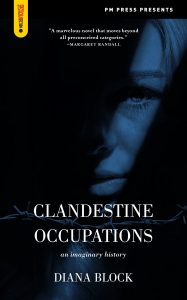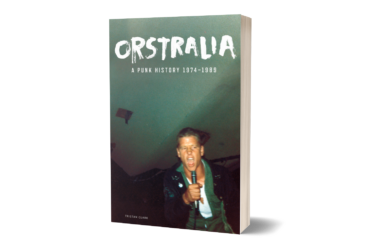By Chris Burnett
KPFK’s Indymedia On Air
I have always been fascinated by the stories of organizers, revolutionaries and activists who have dedicated their lives to social change and revolution.
These stories help to highlight the mistakes, the victories and the political analysis required to change a system that is hell bent on the profit motive, one that may likely put the survival of the human species on the line.
Reading memoirs and books that explain the complex social relationships and challenges faced by those that put their bodies in harms way for ideals of human justice and liberation are important narratives that I think modern organizers should think about.
My guest tonight, Diana Block, is one of those people.
Diana Block has been an activist since the 1970’s and a founding member of San Francisco Women Against Rape, Prairie Fire Organizing Committee, and California Coalition for Women Prisoners. She is the author of the memoir Arm the Spirit: A Woman’s Journey Underground and Back. Her latest book is called Clandestine Occupations: An Imaginary History which is published by PM Press.
Clandestine Occupations is a book not just about those engaged in revolutionary struggle, but it’s about the people around those revolutionaries that are effected by the struggle, many of which are only tangentially related, some that choose to become more committed.
It’s a story of what it’s like for those that support, and even betray, those involved in a struggle, and how they make decisions, or how they may chose to find an inner strength they never knew they had, or highlight a weakness that might betray those in the middle of that struggle.
I was very moved by this narrative, precisely because it asks the question of what effect radical politics may have on those around us. What does it mean to think about the effects a radical political analysis might have on those that are NOT as deeply committed? What might go through the minds of those that want to support struggles for liberation who have not had time to think deeply about their commitments, or the commitments of others? How do radicals work to change the dominant narratives in a population inculcated with an authoritarian or imperialist framework they never knew they had? How do organizers change the framework for understanding what freedom and liberation really is, especially from the standpoint of the most downtrodden and poorest amongst us? What do our most basic human interactions mean in the struggle, such as love, compassion, understanding, and respect? What does it mean to have children in the middle of a struggle?
I am happy to have Diana Block on the show to discuss her new book.







